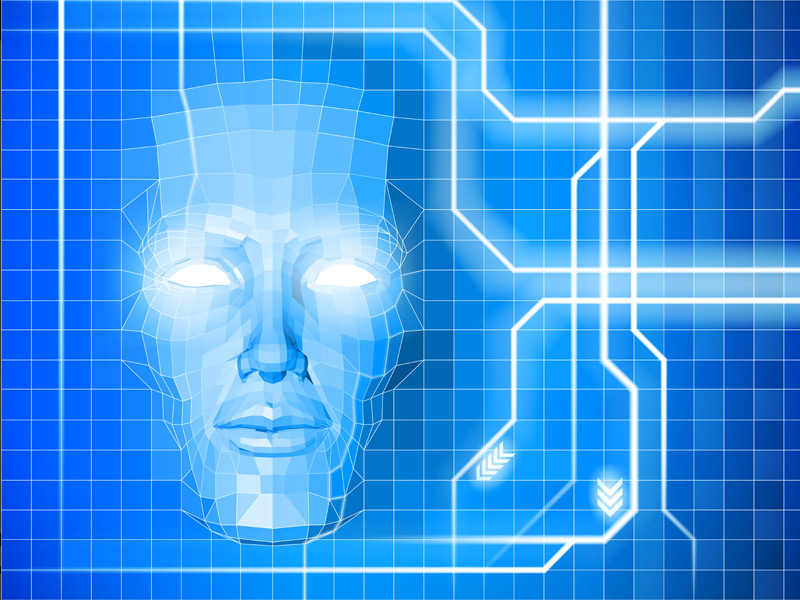
12th August 2017 AI defeats world's best players in competitive eSports A major breakthrough in artificial intelligence has been announced, with a computer beating the world's best players at competitive eSports for the first time.
OpenAI is a non-profit research company established in 2015 whose founders include Elon Musk. They report that, for the first time, a computer program has beaten the world's best human players at competitive eSports – in this case, the game Defence of the Ancients 2 (aka Dota 2). Earlier this year, Google's AlphaGo defeated the world's number one player at Go, a board game similar to chess but with far more complexity. Dota 2, however, is orders of magnitude more complex than even Go. This multiplayer battle arena pits two teams of five against each other, with each team occupying and defending their own separate base on a map. Each of the ten players independently controls a powerful character, known as a "hero", who all have unique abilities and styles of play. There are 113 to choose from. During a match, a player and their team collects experience points and items for their heroes in order to fight the opposing team's heroes and other defences. A team wins by being the first to destroy a large structure in the enemy base called the "Ancient". This week, at the annual tournament hosted in Seattle, OpenAI has been demonstrating its bot, which mastered the game from scratch by self-play and does not use imitation learning or tree search. According to Greg Brockman, the company's Chief Technology Officer, self-playing is a more effective way for AI to learn complex tasks – as opposed to fighting much weaker enemies, or overwhelmingly strong ones. By playing against a copy of itself, the bot always has a worthy opponent and therefore remembers more useful information. After many thousands of practice runs, it gradually learned which moves worked best and which to avoid. It developed a number of behaviours that are demonstrated in the video below.
Whereas chess uses an 8 x 8 board, and the game Go has a 19 x 19 board (with each cell being either blank or occupied), Dota 2 is vastly more complex with a gaming "board" of 15,000 x 15,000 units, a lot of hidden information, and many more variables with every action. The OpenAI bot was able to handle this level of detail, however. In a series of 1v1 matches, it went up against the top human champions in the world, beating them all. This included SumaiL (world's best 1v1 player) and Arteezy (top overall player in the world), as well as 27-year-old Danil "Dendi" Ishutin. At times, the movements of the bot were eerily human-like, with Dendi saying it "feels a little like [a] human, but a little like something else." Elon Musk today praised OpenAI on Twitter. He has previously warned that AI represents a "fundamental risk to the existence of civilisation" and hopes the organisation will foster the creation of safer, more benevolent forms of machine intelligence.
OpenAI is now developing its bot further, and hopes it can take part in a proper five-on-five match next year, as opposed to just 1v1. The company will also explore using its neural network for other games.
---
Comments »
|







